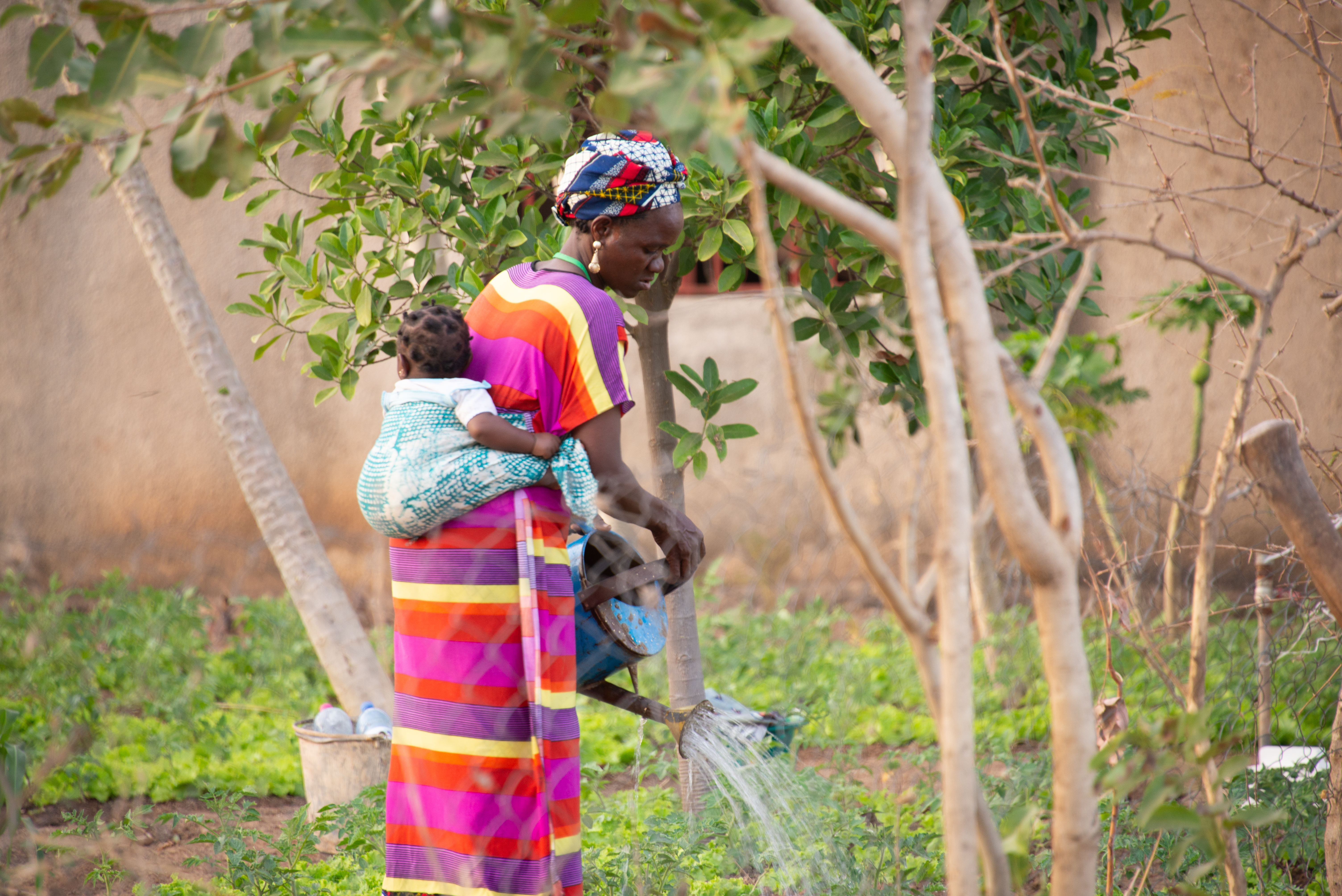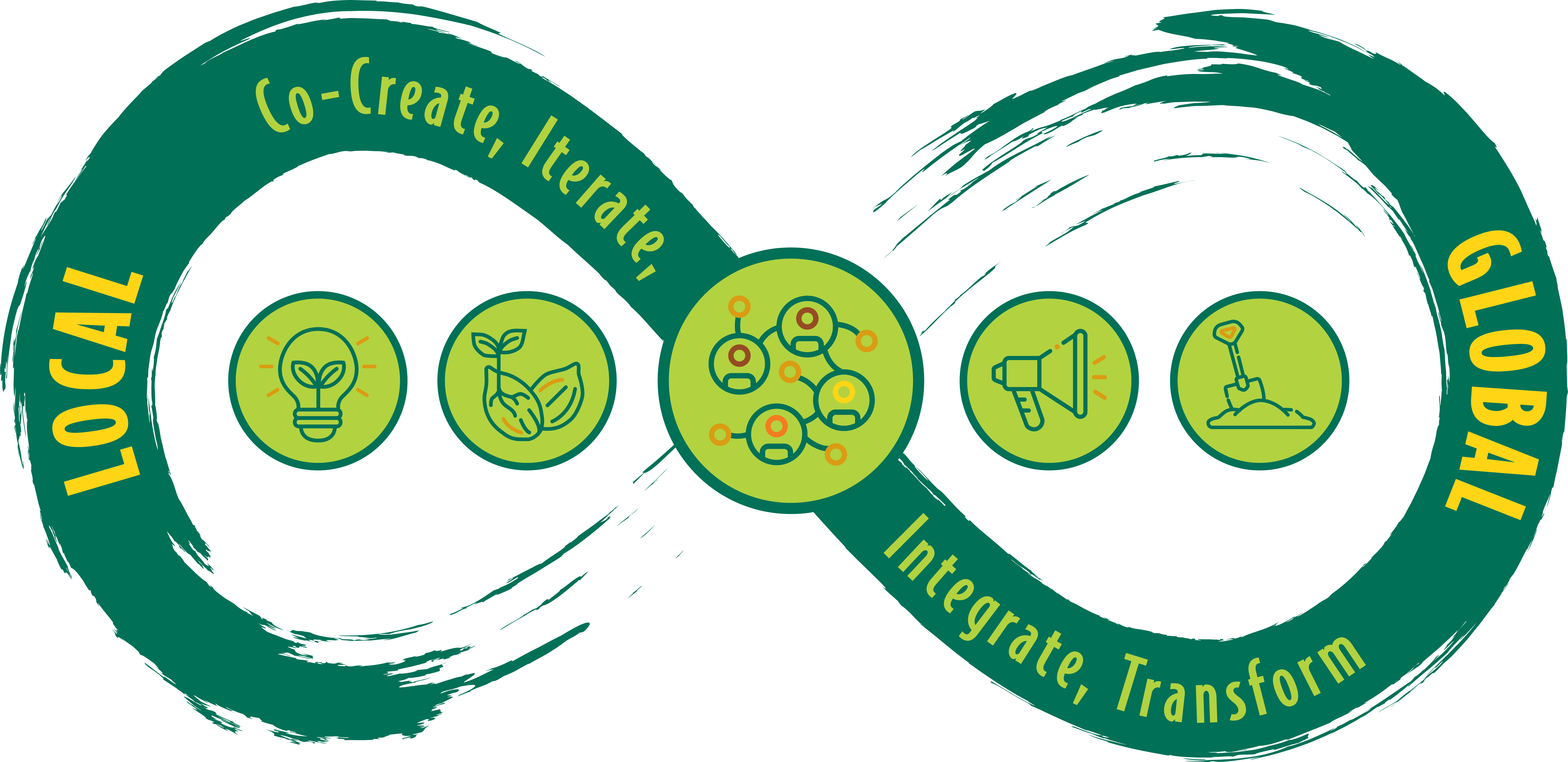
Mission and Vision
Mission
Using participatory, holistic and equity-focused approaches to learning, research and engagement, the Institute for Agroecology will co-produce and mobilize knowledge to support just transformations in food systems.
Vision
We seek thriving food systems that confront inequities, foster human and ecological wellbeing and support dignified and meaningful livelihoods.
The Three Pillars of the Institute for Agroecology
Transforming Food Systems for Just Sustainability
Many sustainability approaches emphasize ‘technical fixes’ that tweak the existing food system without fundamentally changing its structure. In contrast, we focus on processes of social transformation as the primary conduit through which ecologically sound and socially just food systems will finally emerge. This requires systems level analysis and action that integrates ecological, economic, social and political dimensions, and where we attend to leverage points for change.
Participatory, Transdisciplinary and Action Research
The Institute will prioritize Participatory Action Research (PAR) approaches, which place the needs and agency of civil society partners (e.g., communities, smallholder farmers, organizations) at the heart of the research process and recognizes the value of diverse forms and sources of knowledge. UVM has deep experience with PAR, which is internationally recognized as a leading approach to knowledge production for agroecology.
Centering Equity
Today’s food systems are fraught with inequity and reflect deeply exploitative land and labor relations, gender and racial inequality and an extractive relationship between the global north and south. We recognize that if we are not actively working to change who has power and how we work together in reciprocal relationships, we will be complicit in reinforcing these patterns of oppression.
Action Strategies – Locally Rooted, Globally Connected
The IFA will support transition towards agroecology through five strategies:
Undertake critical, transdisciplinary and participatory action research to uncover new ideas and strategies for redesigning food systems.
Bring together collaborators within and outside of academia to cross-pollinate ideas and relationships across local, national, and international networks.
Develop creative communication and advocacy strategies to influence policy, narratives, hearts, and minds.
Prepare the next generation of agroecologists through undergraduate, graduate, community-based, and professional learning programs
Support local economic, ecological, social, and cultural processes to grow agroecology on the ground in Vermont and around the globe.
The Institute will pursue these action strategies through processes of research, learning, and action, both locally and internationally. This reach across several geographies gives the Institute a special perspective, allowing processes in one part of the world to inform and be informed by processes in another.

